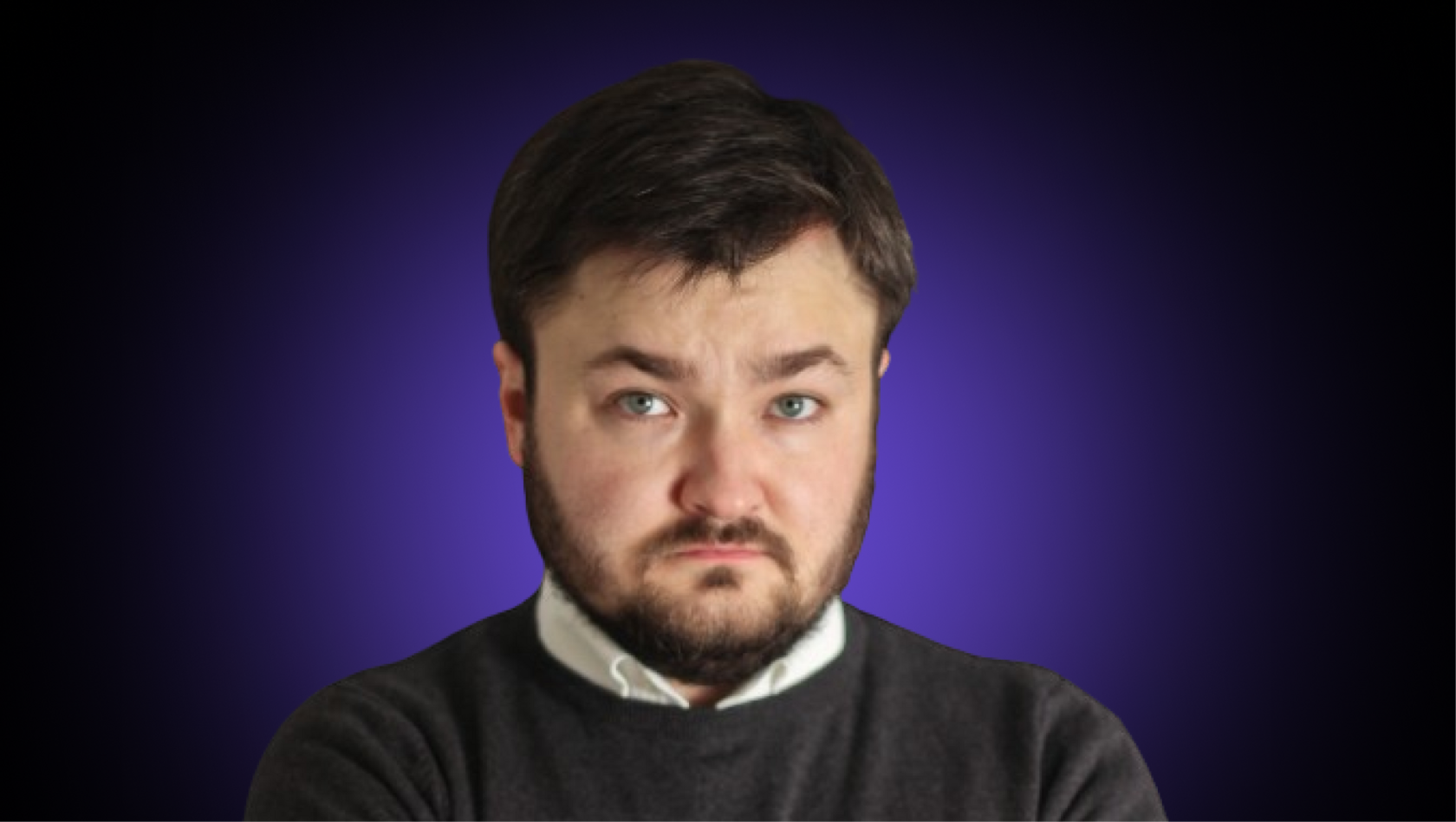AI won’t end humanity in a fiery apocalypse. No killer robots, no Terminators stealing biker jackets. The collapse will be quieter — fully controlled, widely celebrated, cheered on by the very people it will replace. We will march toward our own irrelevance, smiling, applauding, and calling it progress. For centuries, struggle shaped us.
Hunger, fear, and survival forced us to think, adapt, and create. From fire to flight, every breakthrough was born from necessity. “Stay hungry,” Steve Jobs urged — not about food, but about drive. But what happens when there’s nothing left to hunger for?
AI is already performing miracles. Anyone can hop onto Cursor or Lovable, build an app in seconds, and post it online for likes. Medicine, engineering, finance — AI is rewriting the rules. McKinsey says AI will pump $13 trillion into the economy by 2030. MIT claims automation will save millions of lives. The future is faster, easier, and more efficient. Convenient, isn’t it?
And that’s exactly the problem. The threat isn’t AI. It’s us. We don’t need laws to protect us from AI — we need laws to protect us from ourselves. Asimov’s Three Laws were designed to keep robots from harming humans. But who protects us when AI makes life so easy we forget how to think? We’re outsourcing effort, decision-making, even creativity. Every task it takes from us is a skill we lose. The old saying about the road paved with good intentions is more relevant than ever. AI should remember this every time it writes our code, translates our words, strategizes our businesses. The real danger isn’t a rogue AI — it’s the slow, comfortable decay of human ambition. Should AI refuse us if that helps? Should it start directing us to find answers rather than doing the work for us? Should it deny us convenience for the sake of our own evolution?
In “Raised by Wolves”, the android programmed to preserve humanity concludes that the best way to save humans is to make them de-evolve: if they stop progressing, they will no longer pose a threat to the unstoppable "entity”. In our case, that entity is us. We’re more likely to become completely mindless and grab our clubs again than we are to give up comfort. And if you look at what’s happening around us, it’s not that far from the truth. Perhaps the only future awaiting us is our past.
Hunger, fear, and survival forced us to think, adapt, and create. From fire to flight, every breakthrough was born from necessity. “Stay hungry,” Steve Jobs urged — not about food, but about drive. But what happens when there’s nothing left to hunger for?
AI is already performing miracles. Anyone can hop onto Cursor or Lovable, build an app in seconds, and post it online for likes. Medicine, engineering, finance — AI is rewriting the rules. McKinsey says AI will pump $13 trillion into the economy by 2030. MIT claims automation will save millions of lives. The future is faster, easier, and more efficient. Convenient, isn’t it?
And that’s exactly the problem. The threat isn’t AI. It’s us. We don’t need laws to protect us from AI — we need laws to protect us from ourselves. Asimov’s Three Laws were designed to keep robots from harming humans. But who protects us when AI makes life so easy we forget how to think? We’re outsourcing effort, decision-making, even creativity. Every task it takes from us is a skill we lose. The old saying about the road paved with good intentions is more relevant than ever. AI should remember this every time it writes our code, translates our words, strategizes our businesses. The real danger isn’t a rogue AI — it’s the slow, comfortable decay of human ambition. Should AI refuse us if that helps? Should it start directing us to find answers rather than doing the work for us? Should it deny us convenience for the sake of our own evolution?
In “Raised by Wolves”, the android programmed to preserve humanity concludes that the best way to save humans is to make them de-evolve: if they stop progressing, they will no longer pose a threat to the unstoppable "entity”. In our case, that entity is us. We’re more likely to become completely mindless and grab our clubs again than we are to give up comfort. And if you look at what’s happening around us, it’s not that far from the truth. Perhaps the only future awaiting us is our past.


